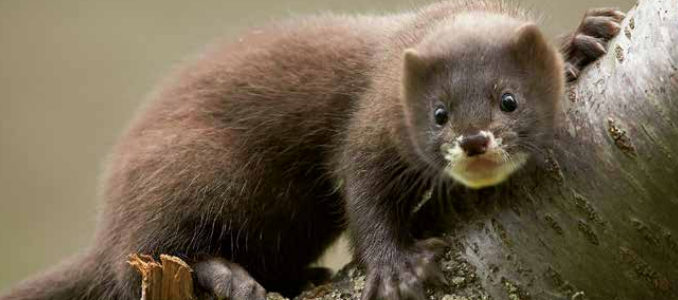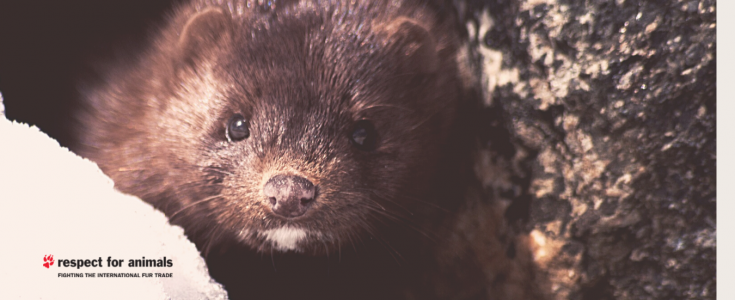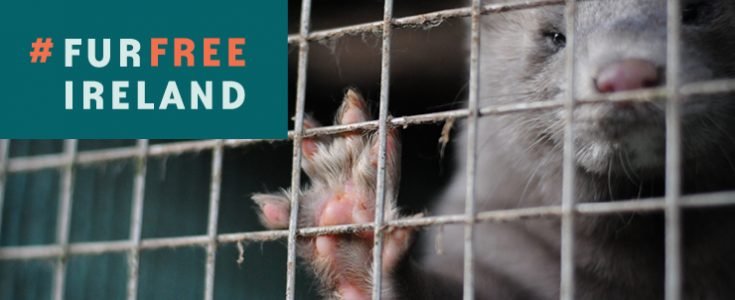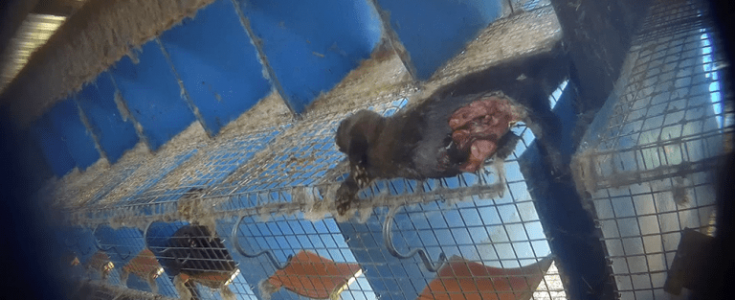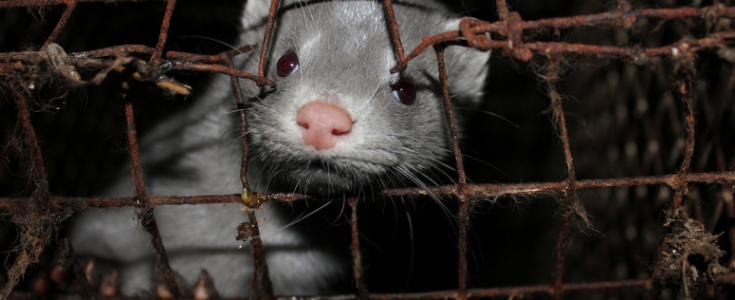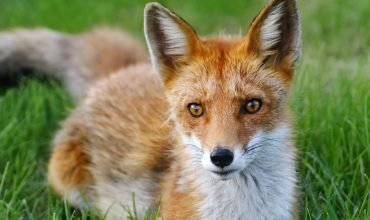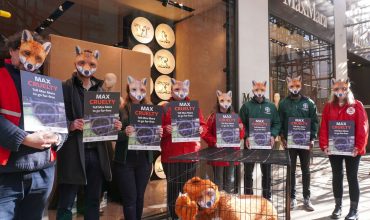The fur trade is directly contributing to the high risk of imminent extinction of the critically endangered European mink. A new report detailing the environmental impact of fur has criticised the fur industry for ‘greenwashing’, as Respect for Animals calls for governments to take action. Download the new report here: Executive Summary Full report (single pages) Full report (two page spread) Respect for Animals is calling for an end to
Read More
US mink farming drops to record low
The United States Department of Agriculture (USDA) has just published its latest statistics on mink fur production, with more bad news for the cruel fur trade. The report states: Mink pelt production in the United States in 2020 totaled 1.41 million pelts, down 49 percent from 2019. Records date back to 1975, with the 2020 production data representing an all-time low. The main states for fur factory farmed mink are
Read More
Ireland: Cabinet APRROVES fur farming ban
On Tuesday 22 June 2021, Cabinet approval was granted to abolish fur farming in the Republic of Ireland. The measures will be part of an amendment to the Animal Health and Welfare Act 2013, and are likely to include a provision that chinchillas and foxes and mink can not be farmed for their fur or skin. There are currently three fur farms in Ireland, which kill around 100,000 mink annually.
Read More
Ask Denmark to ban fur farming of mink
As Denmark slaughters 17 million mink, after a Covid-19 mutation infected humans from mink caused by factory farm conditions, it is time for Denmark to end fur farming permanently.
Read More
Fur farming is a risk to human health, as Covid mutations found in mink
Around 17 million mink are being slaughtered, kept in cruel conditions and now cruelly killed just for the fur trade.
Read More
France is to ban fur farming!
The French government has announced that it will ban fur farming in France, as the momentum of the fur-free campaign sweeps across Europe. There are currently four remaining fur farms in France. The government intends to phase out these farms by 2025. Recently, our Fur Free Alliance colleague at One Voice, revealed the conditions on the remaining French fur farms. The footage showed the scale of animal suffering on fur
Read More
Poland close to historic fur farming ban
Over two dramatic days, the Sejm (the lower house of the Polish Parliament) has held a historic meetings advancing the legal protection of animals in Poland. It concerned the so-called “Five for animals”: a proposed bill with key changes to animal protection law. MPs voted in favour of an amendment, which includes a ban on breeding animals for fur. The sitting of Sejm on Thursday, 17 September 2020 was saw
Read More
Terrible animal suffering revealed on huge Polish fur farm
Following last week’s revelations about the suffering on mink on French fur farms, we can also reveal a major undercover investigation in Poland. Respect for Animals’ colleagues at the Fur Free Alliance, Otwarte Klatki, conducted a two-month long investigation using an activist as an undercover farm employee. The farm, in Goreczki, is considered to be the biggest mink farm in the world, with around 500,000 animals kept in small cages.
Read More
Horrific fur farm footage from France reveals the truth about fur
New footage, taken in August 2020, has been published by French organisation, and Fur Free Alliance colleagues of Respect for Animals, One Voice, detailing once again the truth about animal suffering on fur farms. Mink were documented with long-lasting physical injuries and serious mental anguish. There is no doubt that these animals experienced high levels of suffering. Such animal welfare failures are common on fur farms, as documented in this
Read More
Mink on Dutch fur farm have coronavirus
Two mink farms in the Netherlands have been placed into quarantine after coronavirus was detected in the animals, the Dutch Agricultural Ministry has said. Animals on fur farms are raised in terrible conditions, with non-domesticated animals kept in close confinement in tiny barren cages. The animals were displaying symptoms that included respiratory issues, the ministry said, adding that it assumed they contracted the virus from farm employees. As a result, the
Read More

